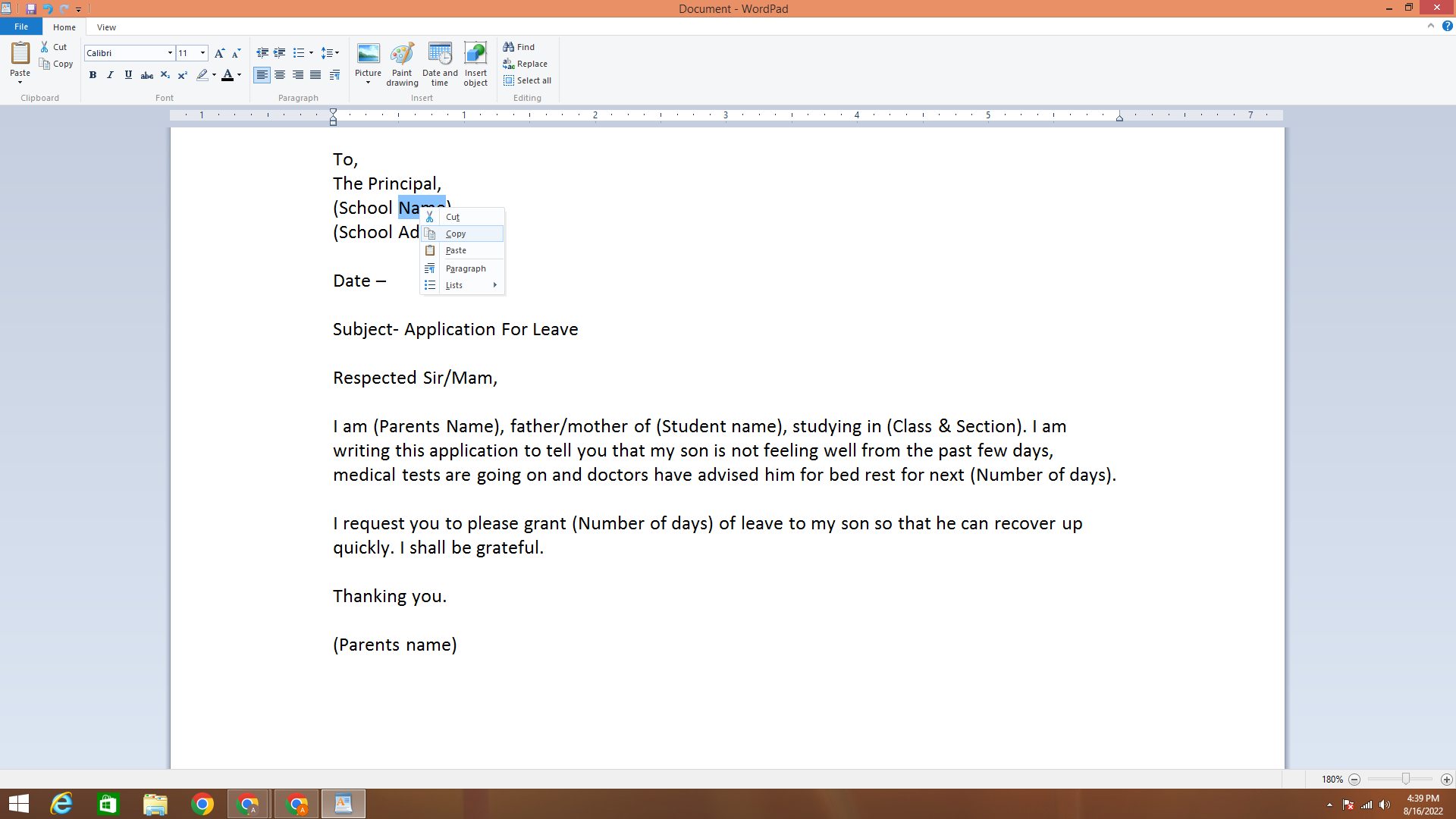
Learning how to use a computer can feel overwhelming at times. Fortunately, there are some common computer skills that will work the same way in almost any situation. Once you learn how to use these skills, you’ll be able to use them to perform a variety of tasks on your computer. In this lesson, we’ll talk about common commands you can use in almost any application, including cut, copy, paste, and undo.
The menu bar
Most
applications have a Menu bar at the
top of the window. Each menu has a set of commands
that will perform a specific action within the program. While each application
is different, there are some common commands that work the same way, no matter which application you’re using.
Whenever you open a program for the first time, try clicking these menus to see
the various options available.

File menu
commands
You’ll find
the File menu on the left most side
of the Menu bar in almost every application. The File menu will usually have
the same type of commands. For example, you can create a new file, open an
existing file, and save the current
file, among other functions.

Cut, copy, and
paste
Many
applications allows you to copy
items one place and then paste them
to another. For example, if you’re working with a word processor, you might
copy and paste text to avoid typing the same thing over and over. If there’s
something you want to move from one place to another, you can cut and paste.
To copy and
paste
1.
Select the item you want to copy. In our example, we’ll select a word in
a document.
2.
Right-click the mouse and select Copy
from the menu that appears. You can also press Ctrl+C on your keyboard.

3.
Locate and right-click the desired location for the item, then select Paste. You can also press Ctrl+V on your keyboard.

4.
The item will be copied to the new location. Notice how the original text
that was copied has not been moved or changed.

To cut and
paste:
1.
Select the item you want to cut. In our example, we’ll select a paragraph
of text in a document.
2.
Right-click the mouse and select Cut
from the menu that appears. You can also press Ctrl+X on your keyboard.

3.
Locate and right-click the desired location for the item, then select Paste. You can also press Ctrl+V on your keyboard.

4.
The item will be pasted, or moved, to the new location. In our example,
we used the cut and paste commands to move the second paragraph above the first
paragraph.

To copy and
paste files:
1.
Right-click the file and select Copy
from the menu that appears. You can also press Ctrl+C on your keyboard.

2.
Locate and right-click the new location, then select Paste. You can also press Ctrl+V
on your keyboard. In our example, we’ll paste the file to the desktop.

3.
The duplicate file will appear. Notice how the original file has not been
moved or changed. Also, note that if you make a change to the original file, it
will not update and copies of that
file.

v Coping a file is not the same as creating a shortcut. You can review our lesson on Working with Files and Folders to learn more
about using shortcuts.
Undoing changes
Let’s say
you’re working on a text document and accidentally delete some text.
Fortunately, you won’t have retype everything you just deleted! Most
application allow you to undo your most
recent action when you make a mistake like this. Just locate and select the
Undo command, which is usually in
the upper-left corner of the window near the Menu bar. You can also press Ctrl+Z on your keyboard. You can
continuing using this command to undo multiple change in a row.

Ø Note that the Undo command will work
almost all of the time, but not in every situation. For example, if you empty
the Recycle Bin to permanently delete a file, you can’t undo the action.




